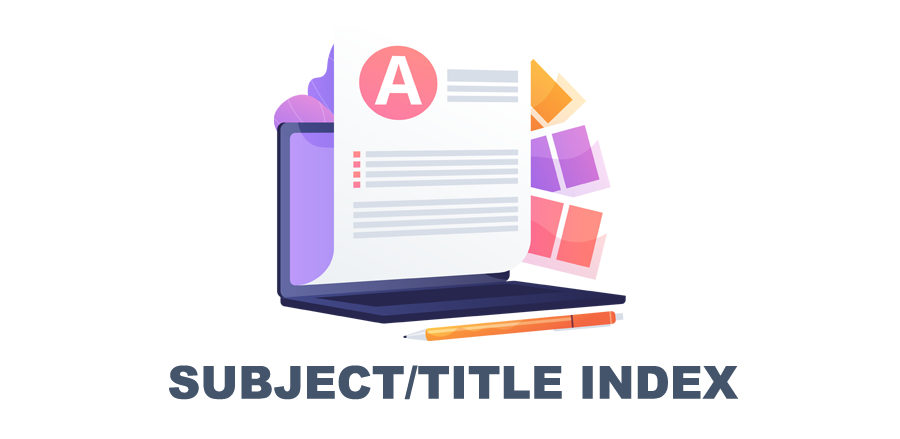Meningkatkan Pemahaman Sejarah Kebudayaan Islam Kompetensi Dasar Mengambil Ibrah dari Perkembangan Kebudayaan/Peradaban Islam pada masa Bani Umaiyah untuk masa Kini dan yang akan Datang dengan Strategi Learning Style Questionnaire (LSQ) di Kelas VII-B MTs
DOI:
https://doi.org/10.32616/pgr.v4.2.272.65-76Keywords:
Islamic Cultural History, Bani Umaiyah era, Learning Style Questionnaire (LSQ)Abstract
This study aims to: 1) Describe the activities of teachers in increasing understanding of Islamic Cultural History, the basic competence of taking the ibrah from the development of Islamic culture / civilization during the Bani Umaiyah era for the present and future with the Learning Style Questionnaire (LSQ) Strategy in Class VII-B MTs Miftahul Qulub Tawar Gondang Mojokerto. 2) Describe student activities in learning activities to improve understanding of Islamic Cultural History, basic competencies of taking ibrah from the development of Islamic culture / civilization during the Umaiyah era for the present and future with the Learning Style Questionnaire (LSQ) Strategy in Class VII-B MTs Miftahul Qulub Bargaining Gondang Mojokerto. 3) Describe learning with the Learning Style Questionnaire (LSQ) Strategy in increasing the understanding of Islamic Cultural History, basic competencies take ibrah from the development of Islamic culture / civilization during the time of the Umaiyah people for the present and future in Class VII-B MTs Miftahul Qulub Tawar Gondang Mojokerto. This research is a collaborative classroom action research. The design of problem situations, and ways of collaboration with children, is a major focus of the meetings that take place between teachers and researchers. This research was conducted at MTs Miftahul Qulub Tawar Gondang Mojokerto at the address Jln. Ahmad Yani No. 68 Tawar Gondang Mojokerto. The subjects of this study were 30 Class VII-B students. The study was conducted in the odd semester of the 2020/2021 school year, for 2 months (October and November 2020). Action research procedures are cyclical, namely: 1) planning, 2) implementation, 3) observation, and 4) reflection, through a series of cycles. Data collection through observation (observing), artifacts and documents (testing) and non-standard tests. Instrument test items with validity test, reliability test, calibration test (level of difficulty) and distinguishing power test. The entire data analysis process is interactive using the Miles and Huberman model with the final mix method analysis. The results of the study concluded: The results of the study concluded: 1) Teacher activity increased in pre-action, obtaining 62.86 percent results and increased in Cycle I by 75 percent and increased in Cycle II by 87.86 percent .; 2) Student activity increased in Pre-Action to obtain 42.86 percent results and increased in Cycle I by 65 percent and increased in Cycle II by 86.43 percent .; 3) The average value of the test (Classical Absorption) has increased in Pre-Action, getting a result of 67.12 percent and an increase in Cycle I of 73.75 percent and an increase in Cycle II of 88.75 percent. Classical learning completeness has increased in Pre-Action obtained a result of 27.5 percent and increased in Cycle I by 55 percent and increased in Cycle II by 85 percent.
Downloads
Published
Issue
Section
License
Copyright (c) 2020 Misluhah

This work is licensed under a Creative Commons Attribution 4.0 International License.







